I have been fortunate to have traveled to 62 countries throughout the world. However, I have never been to Bhutan.
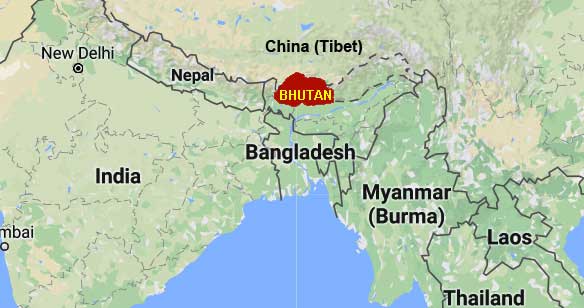
Bhutan is a land locked country the size of Maryland in the Himalayan mountains, with a border that has China to the north and India to the south. Only 800,000 people live in Bhutan, comparable to the metro areas of Boise Idaho or Colorado Springs Colorado in the United States. 70% of the country is covered by trees, a higher percentage than 45 of the states in the USA. As a result, it is the only country in the world that absorbs more carbon dioxide than it produces. They are very conscious of the potential negative impact of tourism on their culture. For example, they charge $250/day for every day a tourist is in the country, and they prohibit anyone from climbing and summiting its mountains!
Bhutan was not on my bucket list of countries that I desired to visit in the near future.
But, a few weeks ago, I had the opportunity to see a movie that has changed my mind.
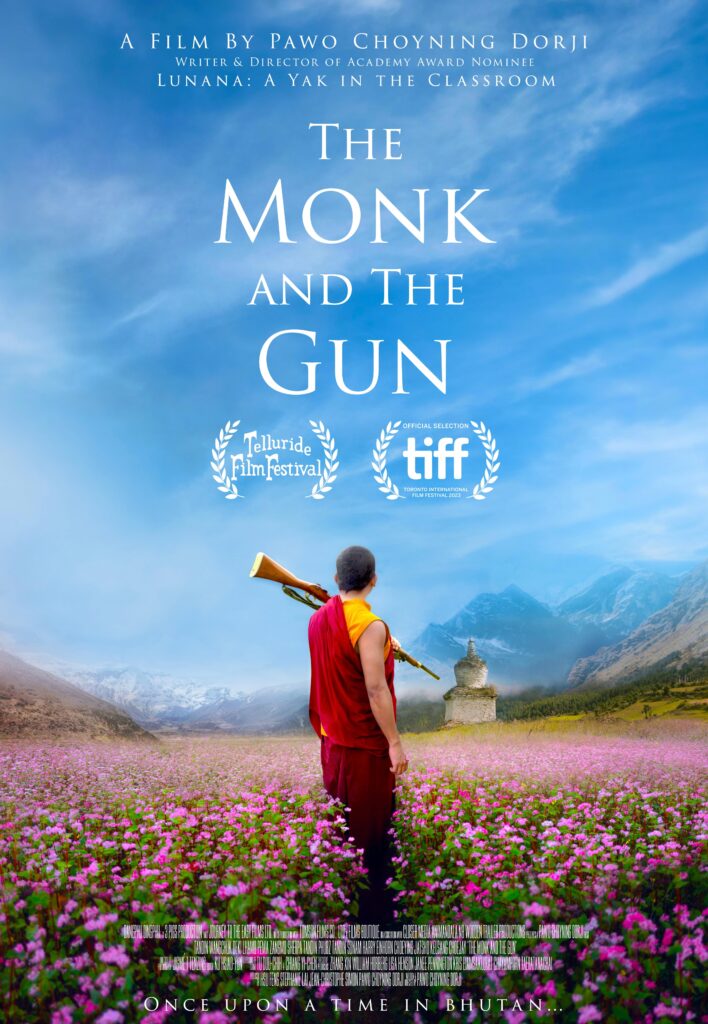
The movie entitled The Monk and The Gun was featured at the 2024 Palm Springs International Film Festival. The director, Pawo Choyning Dorji, who also was the writer and co-producer, made himself available after the showing for Q & A. This is only the Director’s second film.
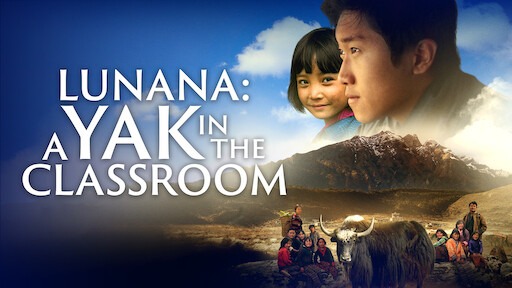
His first film, some four years ago, Lunana: A Yak in the Classroom, was nominated for an Academy Award as Best Foreign Language Film. It also received the audience award at the 2020 Palm Springs International Film Festival as the Best Feature Film that year.
The film that I saw a few weeks ago was one of 15 films shortlisted for Best Foreign Language Feature for this year’s Academy Awards. Over the past few months, the film has been selected as the best film or the received the audience award for best film in three film festivals in India, Italy and Canada. It was released in movie theaters in the United States just ten days ago.
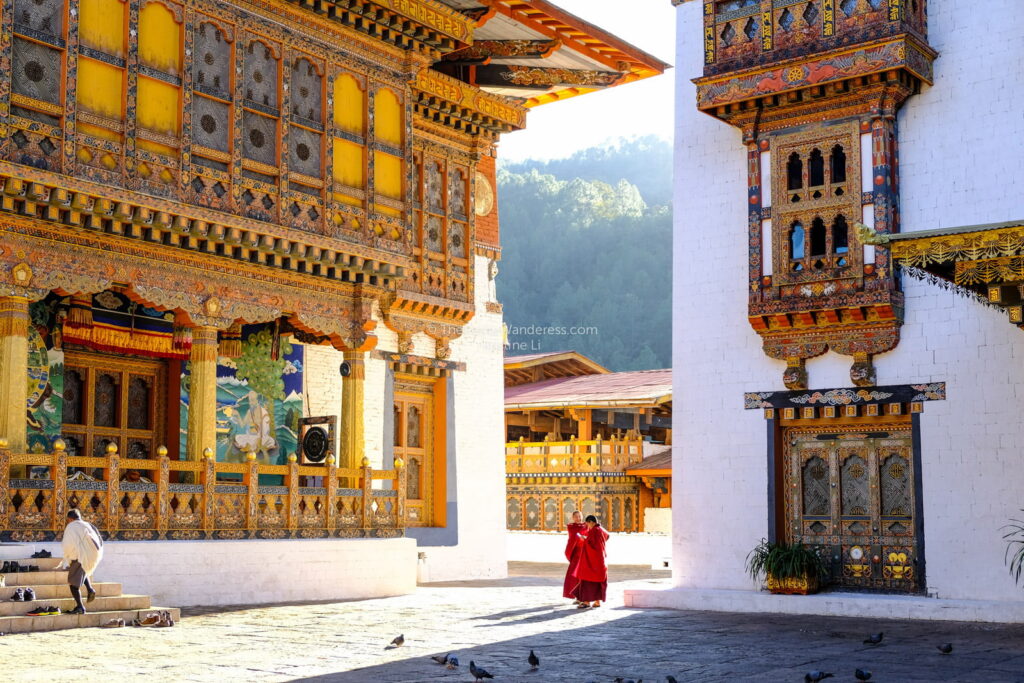
The film set in 2006 describes Bhutan’s halting transition to democracy, involving a mock election. It also depicts what happens when a valuable rifle that falls into the hands of a monk, with an American antique weapons collector in pursuit, and how villagers are unmoved by material goods.
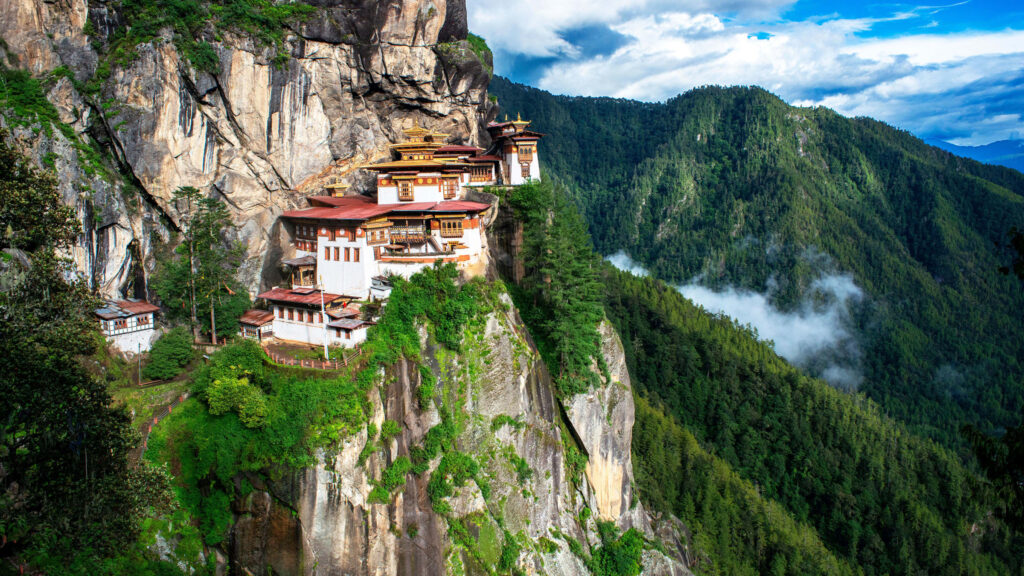
What I learned from the movie is that Bhutan is country of natural beauty, a rich cultural heritage and a “paradise on earth.”
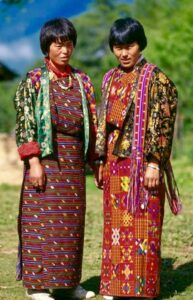
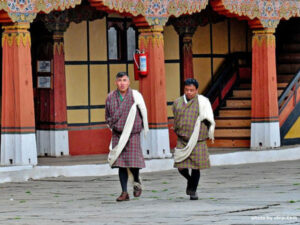
In doing my research I have learned that the country is so unique in many ways. For example,
- There are no traffic lights in the entire country.
- Production and sale of tobacco is prohibited.
- No hunting or fishing is allowed.
- There are no McDonald’s in the country.
- TY and internet access was only allowed in 1999, some 25 years ago.
- There is a mandatory national dress code.
- Their national sport is archery.
- The country has no formal diplomatic relations with the United States.
- If you graduate from high school, you get to go to any college in the world at no cost to you.
- Buddhism is the religion of choice.
- Their airport is one of the most dangerous in the world.
- They have a distinct world class architecture.
- Chilli peppers are everywhere and a common ingredient on almost every dish.
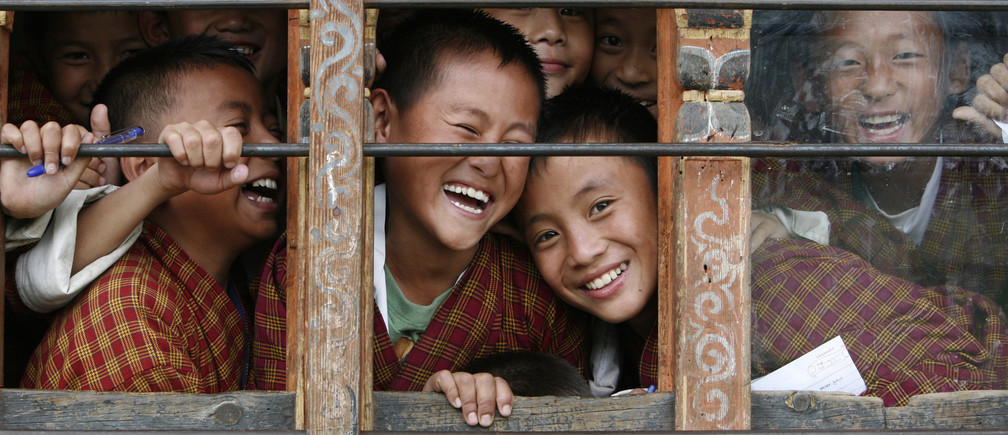
But what intrigues me most to now want to visit and experience Bhutan is their focus on happiness – yes, happiness.
Some 40+ years ago the reigning King of Bhutan declared that “Gross National Happiness is more important than Gross Domestic Product.” The idea being that the focus should be on overall wellbeing rather than purely economic prosperity. Progress should be measured by GNH rather than GDP (gross domestic product).
They created a Gross National Happiness (GNH) Index.
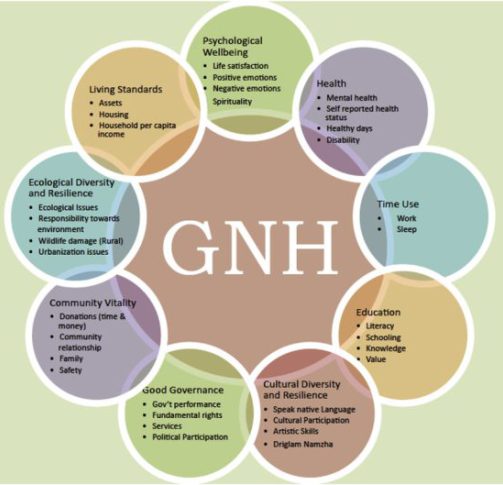
By creating such a measurement tool, they have encouraged government agencies, NGOs and businesses in Bhutan to create policy incentives to increase societal wellbeing and happiness.
The GNH Index is a holistic reflection of the general wellbeing of the Bhutanese population rather than a subjective psychological ranking of ‘happiness’ alone.
Specifically, happiness is measured in nine domains, specifically: psychological wellbeing, health, education, time use, cultural diversity and resilience, good governance, community vitality, ecological diversity and resilience, and living standards.
The way they determine the index is by periodically surveying 10% of its population.
There is a Ministry of Happiness in Bhutan’s federal government. The most recent index in May 2023 found that 93.6% of the Bhutanese population is happy.
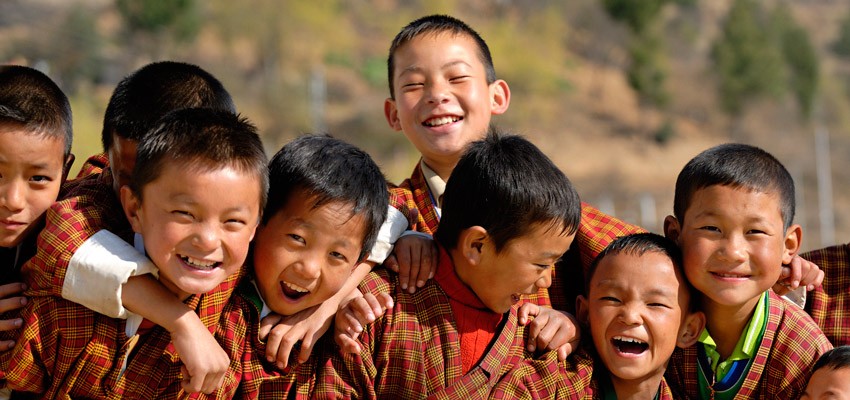
Today I had a bite to eat with a woman from Canada who, by chance, had traveled to Bhutan for a two week visit. I asked her what it was like. She wrapped her arms around herself and said to me, “I felt a gentle hug the entire time I was there.” Wow!
Bottom lines. Go see the movie – The Monk and The Gun. Very thought provoking.
Let me know if you want to join me on a trip to Bhutan. I want to discover the secrets to happiness in this tiny Himalayan country.
Also, I am looking forward to experiencing “a gentle hug the entire time I am in Bhutan.”
Dear Neil – this was really fascinating information and I will definitely be on the look out for this movie! Thanks for sharing all this info.
What? No graffiti, no, safe injection sites, no sale of weed and I suspect no accoutrements dangling from purulent nostrils, no tattered blue jeans, no “diversity” no woke ideology ! Actually sounds like a slice of heaven on Earth. We could learn a lot from them. Have a nice trip[ Neil, we eagerly await to hear of your first hand account of the experience.